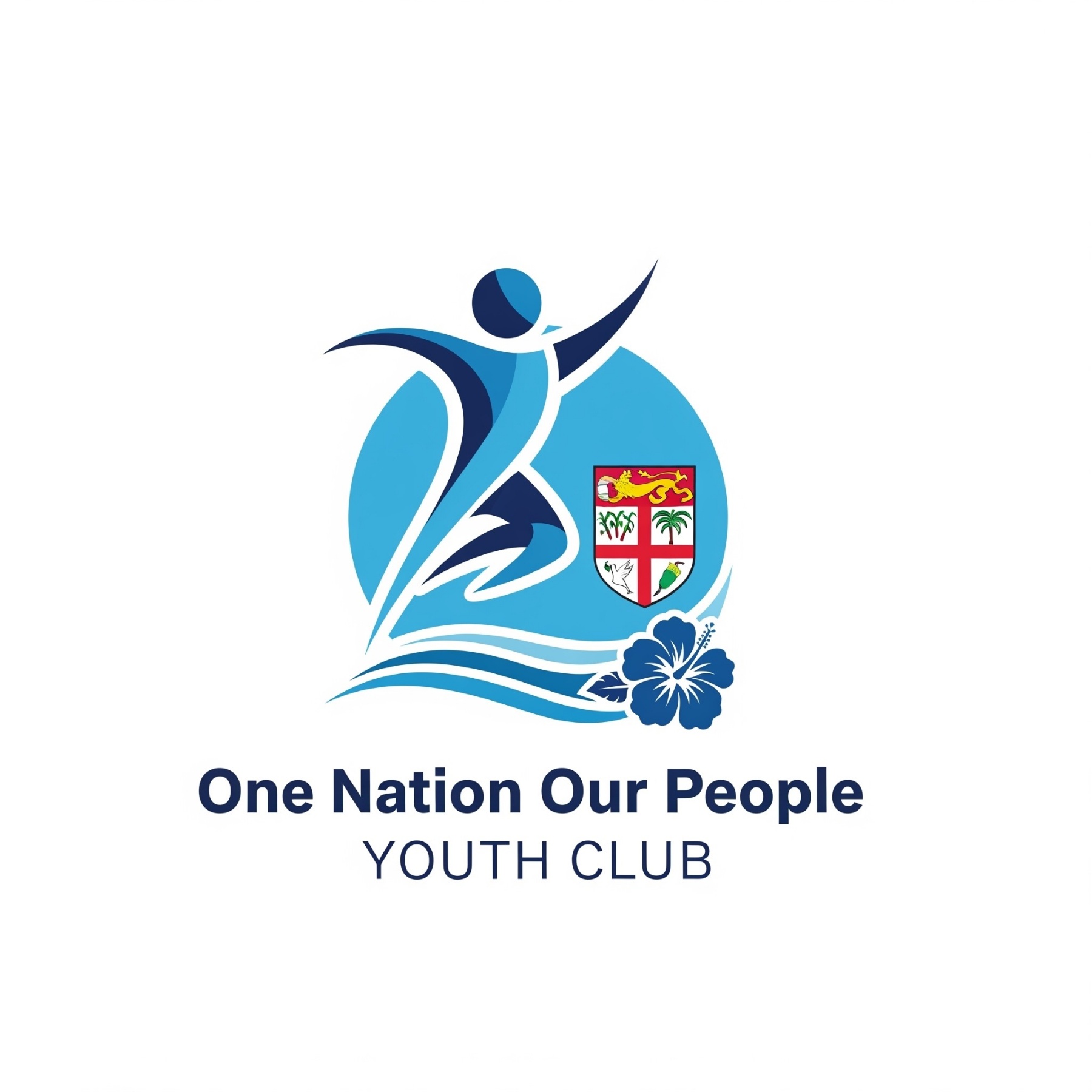In an increasingly diverse and interconnected world, fostering social unity and harmony is not just a hopeful ideal—it is a vital necessity. Societies flourish when people of different backgrounds come together with mutual respect, understanding, and a shared commitment to peace. By promoting interfaith dialogue, encouraging cultural respect, and strengthening inclusive national identity through meaningful events and collaborations, we can create communities that thrive on empathy and unity rather than division.
Why Social Unity Matters
Diversity is a strength—but only when it is embraced with openness and compassion. Differences in religion, culture, language, and tradition should be seen as opportunities for learning, not as barriers. Social unity is the foundation of national stability, economic development, and community well-being. When people feel included, valued, and respected, they are more likely to contribute positively to society and to support one another in times of need.
Promoting Interfaith Dialogue
Religion plays a central role in shaping values, identities, and worldviews. However, misunderstandings and stereotypes between faith communities can lead to tension and mistrust. Interfaith dialogue creates space for honest conversations, shared experiences, and collaborative problem-solving.
Through moderated forums, shared service projects, and community gatherings, people from different religious traditions can build personal connections and discover common values such as compassion, justice, and peace. These efforts reduce prejudice, foster mutual respect, and set the groundwork for peaceful coexistence.
Encouraging Cultural Respect
Cultural diversity is a reflection of humanity’s rich heritage. Events that celebrate cultural traditions—such as food festivals, art exhibitions, storytelling nights, and language workshops—help demystify differences and nurture respect. These experiences create opportunities for learning and appreciation, allowing individuals to express pride in their heritage while understanding others’ ways of life.
Cultural respect also means recognizing and challenging discrimination and exclusion. It requires a commitment to fairness, inclusion, and the elevation of marginalized voices in all areas of public life.
Fostering an Inclusive National Identity
A truly unified society does not demand uniformity—it embraces pluralism. An inclusive national identity is one that honors every citizen’s contribution, regardless of ethnicity, religion, or origin. This identity is strengthened through collaborations that bring together people from all walks of life to serve the common good.
Public campaigns, civic education, and national holidays can all reinforce the idea that diversity is integral to the national fabric. When individuals see themselves reflected in their country’s story, they feel a deeper sense of belonging and responsibility.
The Power of Events and Collaborations
Community events are powerful tools for social cohesion. Joint initiatives—whether they are peace walks, community service days, or cultural exchange programs—offer practical opportunities to work side-by-side, break down stereotypes, and build lasting friendships.
Collaborations between schools, religious institutions, cultural organizations, and local governments can amplify the impact of these efforts. They send a strong message: unity is possible, and it starts with each of us.
Conclusion
Social unity and harmony do not happen by chance—they are built through intentional actions, inclusive dialogue, and a commitment to shared values. By promoting interfaith understanding, cultural respect, and a strong, inclusive national identity, we create the foundation for a peaceful and resilient society. In a world often divided by differences, we must choose to build bridges—and walk across them together.
